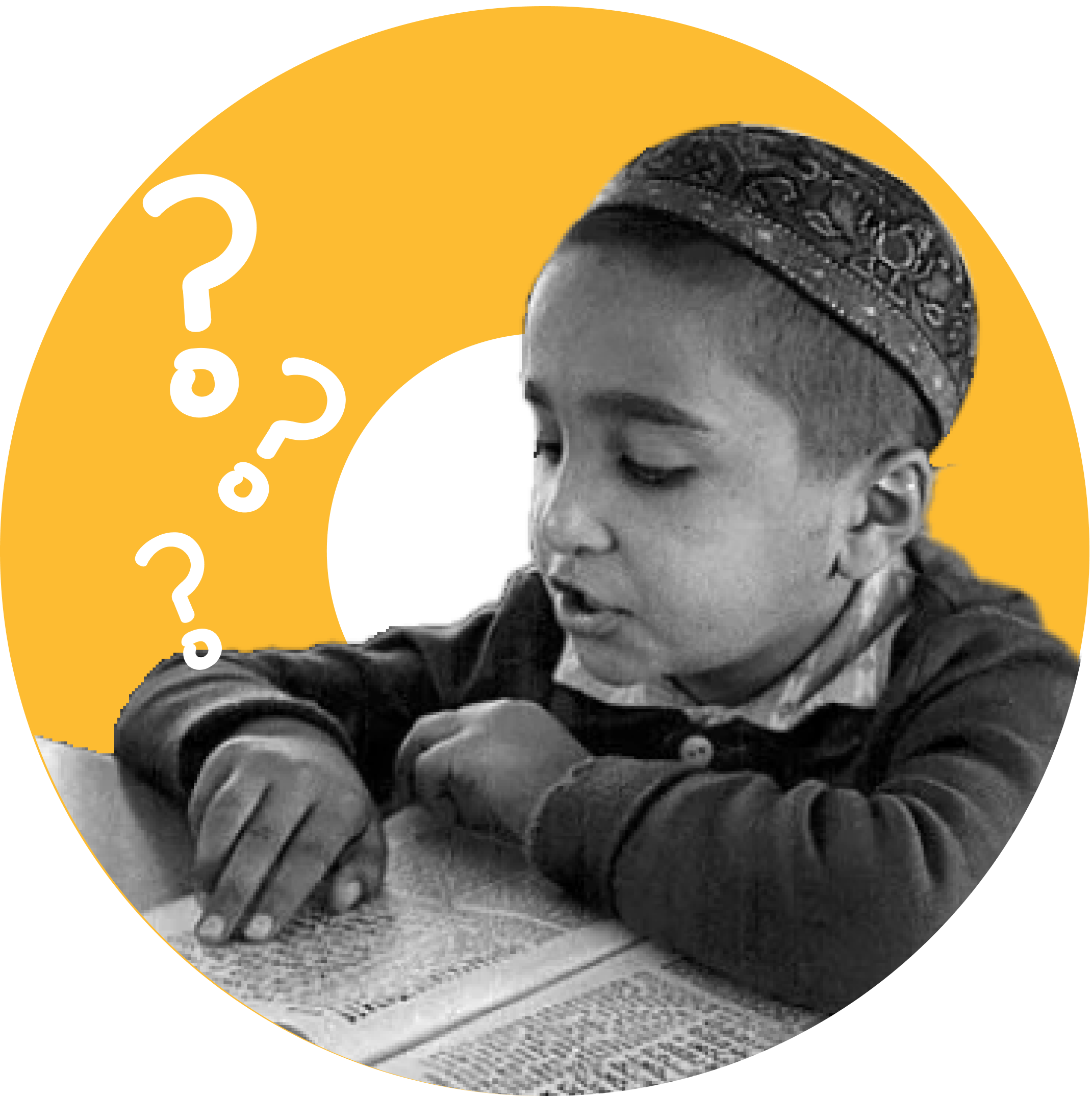When idealistic journalists condemn wicked people with the aim of putting a stop to their wrongdoing, they are fulfilling the mitzva to rebuke, which is vital for the improvement of the world. If people of integrity do not condemn the wicked, it is impossible to defeat them. For it seems every confrontation between someone righteous and someone evil will end in victory for the bad person. This is because they are willing to use lies and other illegitimate means to win, while the righteous person’s hands are tied by the rules of fairness. Nevertheless, the righteous person has one advantage – being on the side of morality. He or she can label the sinful person as bad. And since morality does prevail in the long run, the moral declaration that someone is wicked will pave the way for the ultimate triumph of the righteous. However, if the righteous cede their right to label and condemn the wicked, they have no chance of defeating them at all.
Thus, members of the media have a major responsibility. They must analyze situations in a fair, balanced way, and analyze people correctly. If they make a mistake though, labeling someone righteous as bad and condemning them, they are sinning twofold. Not only are they hurting someone righteous, they are also damaging the public by making it less likely people will learn from this individual, their opinions, and their good deeds. The same thing applies if journalists condemn a group which is in fact mostly good. Beyond the lashon ha-ra involved, they are also harming the public by preventing people from learning from the group’s positive example.


















